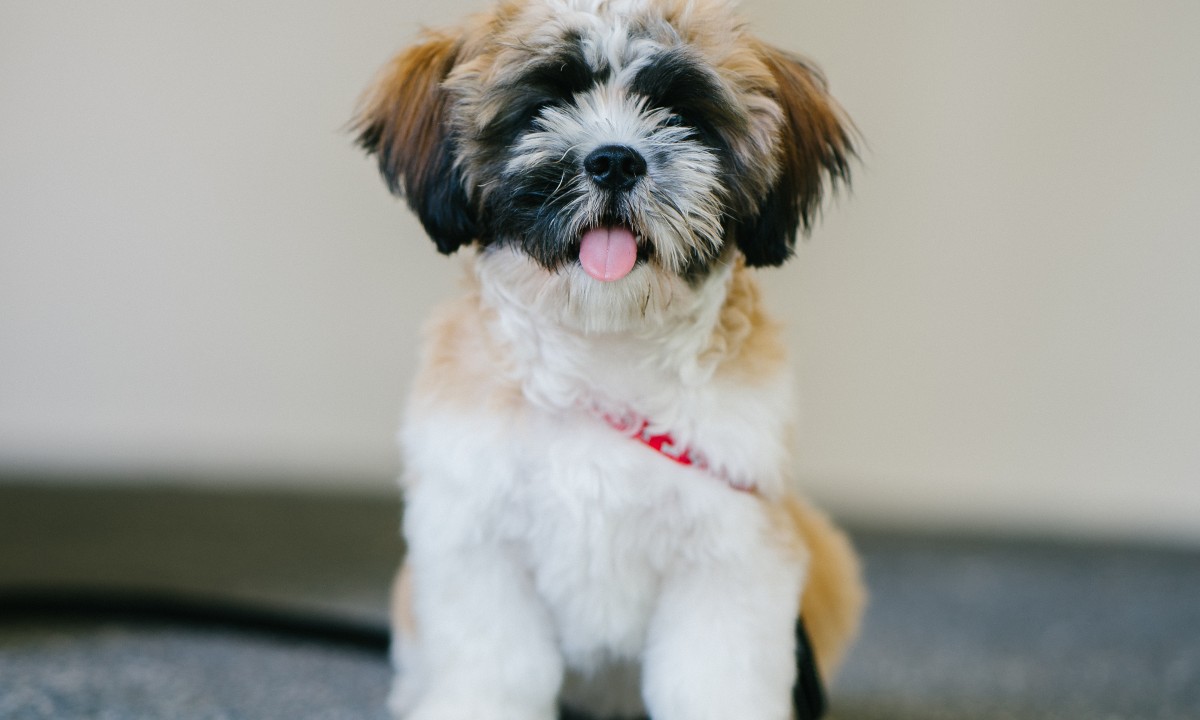What Foods are Best for Small Dogs?

Human’s love for their canine friends is unmatched, especially for the ones with petite bodies. As a pet parent of a small dog, giving them healthy food would be one of your primary concerns. Unlike it may seem, these small pups have unique nutritional needs much different from their bigger counterparts.
Although the varieties are endless, finding the ideal dog food for small dogs that fulfills their nutrition needs and suits their digestive systems, is no easy feat. You either rely on the visual appeal of the packaged food or put your faith in reviews from other pet parents. Before you pick an option make sure you figure out what your little dog needs.
What Do Small Breed Dogs Need?
Most pet owners expect their little doggies to have lower nutritional requirements compared to large breed dogs as they are actively energetic. On the contrary, small dog breeds like Maltese and Chihuahua are just as energetic having higher metabolic activity.
Don’t let their pint-sized bellies deceive you because small dogs need more calories per pound of food compared to bigger dogs. Small pups also need a nutrient-dense diet devoid of any additional carbs and fats to match the higher metabolism rate. Make sure you feed tiny chunks of kibble alongside as well to facilitate chewing and digestion.
Diet Plan – Essential Nutrients for Dogs
Unlike giant dog breeds like Bullmastiff and Leonberger, smaller dogs are vulnerable to the type and quantity of food they consume. An unbalanced diet can cause weakness and lethargy in pets leading to hypoglycemia. As a pet parent, it is essential that you set up a diet plan for your little buddy before things go the wrong way.
While creating a balanced diet plan, focus on the nutrients that are vital to their growth and healthy living. While AAFCO highlights 37 different nutrients for a balanced diet, you should focus on proteins, carbohydrates, and fatty acids. As for calcium and potassium, prefer keeping the amounts low as small dogs don’t exhibit large skeletal growth.
Ideal Dog Food for Small Dogs
In addition to being nutritious, healthy dog food for small dogs needs to be digestible as well. The food should be minimally processed allowing dogs to extract maximum nutritional value easily. Most commercially available food is either over-processed or packed with artificial ingredients killing the natural essence of the diet altogether. Keeping the carbohydrate levels lower would enable easy and hassle-free digestion.
The healthiest dog food for small dogs should be:
- Small and moist chunks
- Natural and minimally processed
- Contain high-calorie concentration
- Protein-centric with low amounts of carbohydrates and fats
Best Foods for Little Doggies
Although planning your dog’s diet personally is healthy, it takes a considerable amount of time and attention to come up with a diet plan. Not everyone has the luxury to craft out a balanced diet for their dog. If you are in the same boat, here are some commercially available options you can try out.
Blue Buffalo Life Protection Formula
Prepared from natural and healthy food ingredients. Dry food has 26% crude protein concentrations and omega fatty acids that keep your little dog active and spirited.
Iams ProActive Health
The formula contains vitamins, proteins, and antioxidants in excessive concentrations that keep your dog’s health insured.
Rachael Ray Nutrish
Contains vitamins, healthy proteins, and natural nutrients in optimum amounts that ensure the balanced growth of the small dog puppy.
Wrapping Up
Like large breed dogs, small dogs also have specific nutritional requirements for optimum growth. To make sure your little doggie keeps living the healthiest, you must craft out an effective diet plan. There is no such thing as ideal dog food for small breed dogs since every pet needs a personalized diet. However, regardless of what breed of small dogs you have, make sure you feed them the necessary levels of vitamins, proteins, and other nutrients for a healthy and energetic life.
